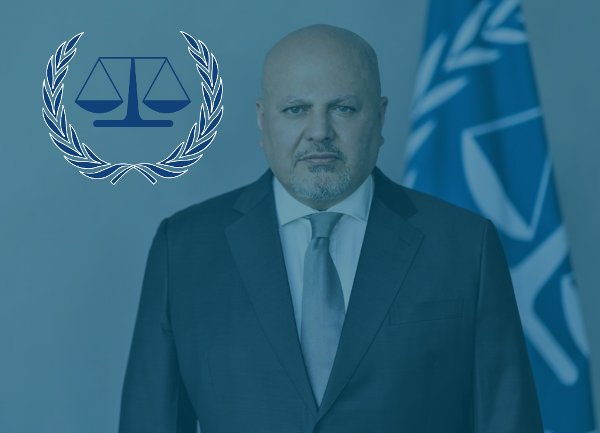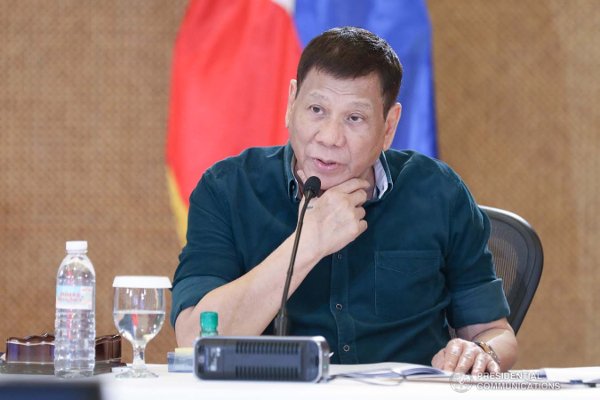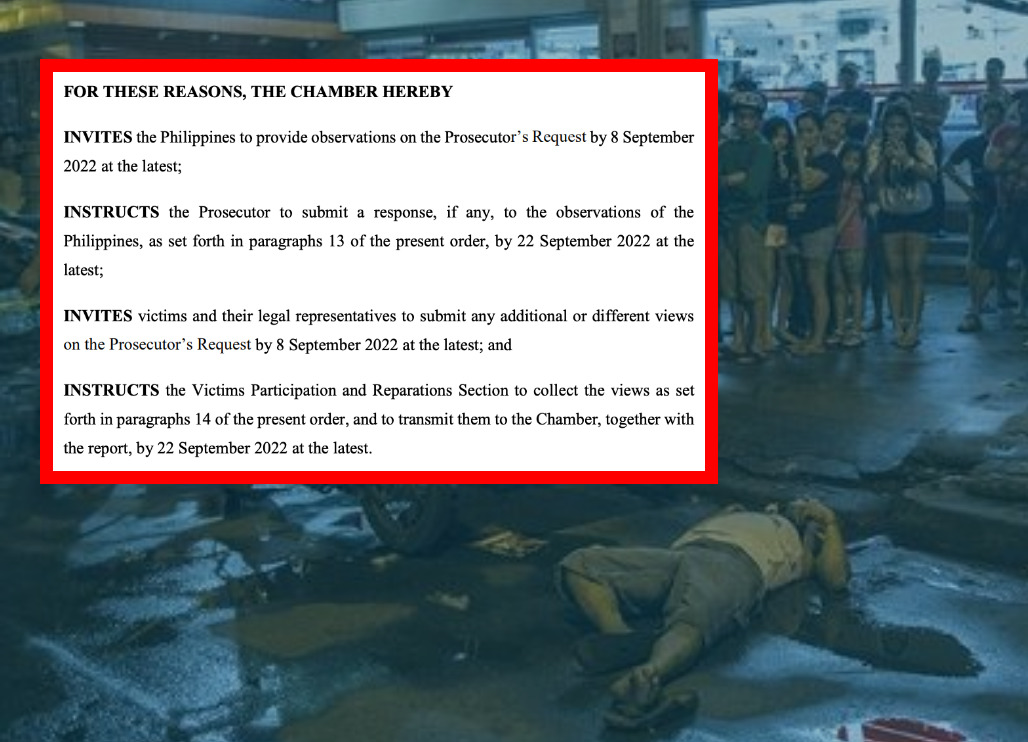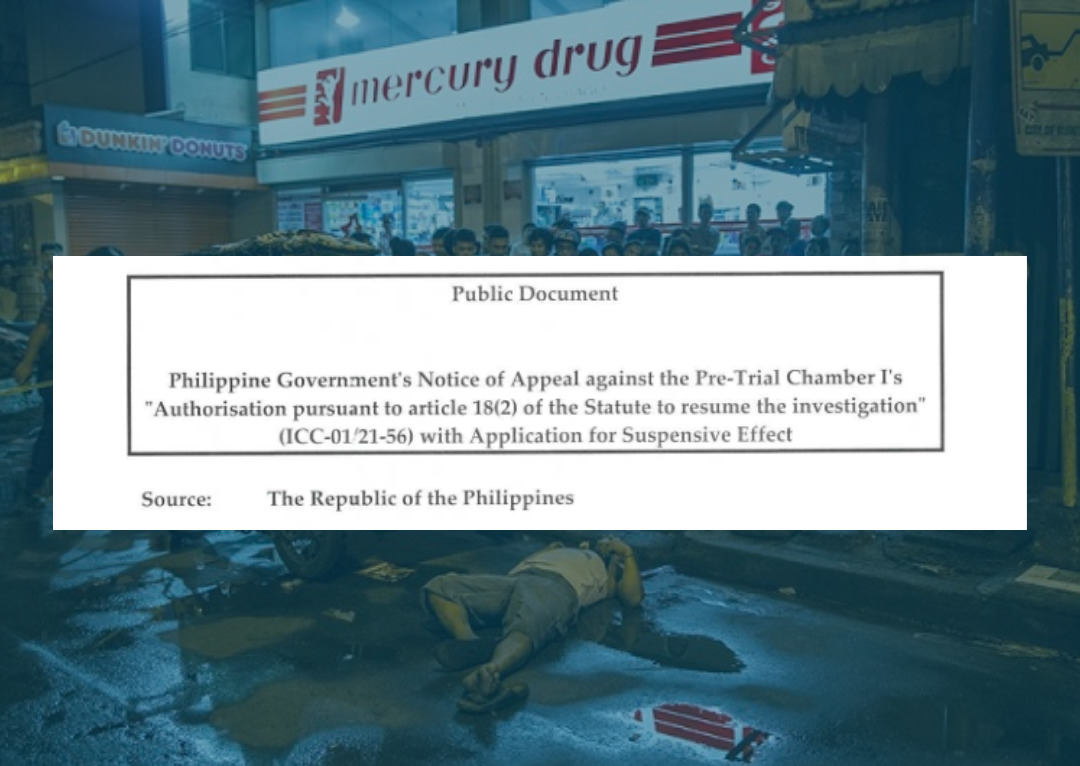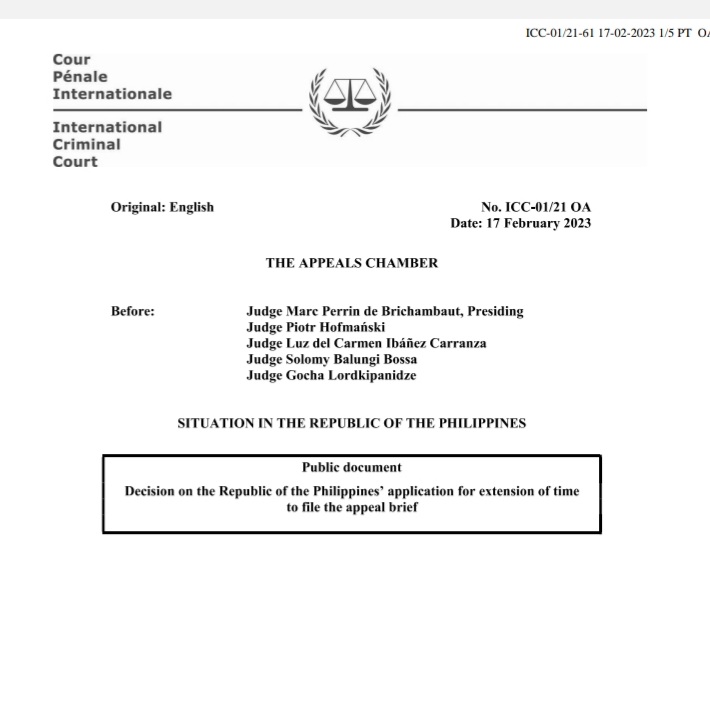The International Criminal Court (ICC) has clarified that its decision to suspend temporarily its investigation into the government’s controversial drug war does not have “blanket or general effect” on the probe.
Asserting the need for genuine domestic investigation and proceedings, the ICC’s Office of the Prosecutor (OTP) will request additional information from the Philippine government to support its statement that the state is conducting its own probe into possible abuses under the violent campaign against illegal drugs.
While a request for deferral of an investigation like the one filed by the Duterte administration two weeks ago could have “specific or partial effect” on the ICC’s work on the case, the court needs “substantiating information” on the government’s probe as mentioned in its Nov. 10 appeal.
On Nov. 18, Prosecutor Karim Khan announced that the OTP had “temporarily suspended its investigative activities” on the Philippine situation while it “assesses the scope and effect” of the government’s six-page request to defer the investigation of its nationals and others within its jurisdiction for alleged crimes against humanity.
Citing Rule 53 of the ICC Rules of Procedure and Evidence, Khan’s office said that it would ask the government in the coming days to promptly provide the required information regarding its own investigations and proceedings about drug war-related crimes to support its deferral request and “to ensure that there is no impunity for Rome Statute crimes.”
It said such information must consist of “tangible evidence, of probative value and a sufficient degree of specificity, demonstrating that concrete and progressive investigative steps have been or are currently being undertaken to ascertain the responsibility of persons for alleged conduct falling within the scope of the authorised ICC investigation.”
In a Nov. 24 statement, Cabinet Secretary and Acting Spokesperson Karlo Nograles said that Malacañang had yet to receive the formal request from the OTP. He reiterated the Duterte government’s stance that the ICC has no jurisdiction in the Philippines.
Nograles asserted that the request for information was “an acknowledgment that alleged victims can seek redress in Philippine legal institutions because these are independent, impartial, and competent.”
However, the National Union of People’s Lawyers and the Center for International Law Philippines (CenterLaw), which represent some families of drug war victims, opposed the temporary suspension of the OTP investigation. The groups insisted that the government is not conducting a genuine investigation of the killings, saying that only 52 out of an estimated 30,000 deaths have been reviewed.
(See Lawyers’ groups ask ICC to dismiss Duterte govt’s ‘paper-thin’ claims on drug war ‘remedies’)
Khan, however, has guaranteed that his office would “continue its analysis of information already in its possession” and any new information it may receive from third parties.
Khan assured that they would also continue “to be particularly attentive” to the security, safety and well-being of victims and witnesses of the drug war, and the protections and measures foreseen under the Rome Statute in this regard, including potential recourse to article 70 of the Statute where warranted.”
Article 70 of the Rome Statute, which founded the ICC, lists down offenses against the administration of justice, such as retaliation against witnesses or preventing their attendance to give testimony before the Hague-based court.
Khan’s investigation covers the estimated 12,000 to 30,000 drug-related killings in President Rodrigo Duterte’s anti-drug campaign from July 1, 2016 to March 16, 2019, as well as crimes that occurred in the president’s hometown in Davao between Nov. 1, 2011 to June 30, 2016. (See ICC authorizes full-blown probe into Duterte’s drug war – Vera Files)
Other acts of crimes against humanity such as torture, enforced disappearances, and sexual harrassment, among others, will also be looked into. (See VERA FILES FACT SHEET: Five things about the ICC report on victims’ representations – Vera Files)
